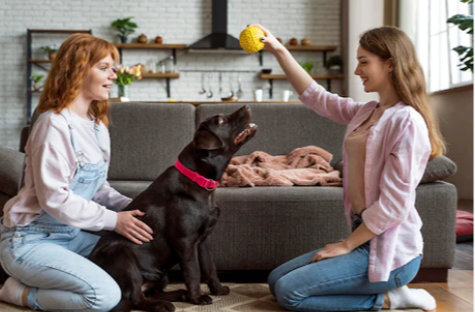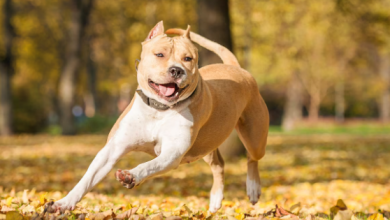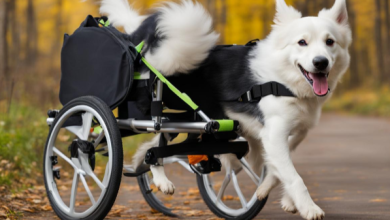“Proven Methods: How to Make a Constipated Dog Poop Quickly”

Introduction
If you’re a dog owner, you understand the concern that arises when your furry friend is facing constipation. It’s not uncommon for dogs to experience digestive issues, but learning how to make a constipated dog poop quickly is essential for their well-being. In this article, we’ll explore effective and humane methods to alleviate constipation in your canine companion.
How to Make a Constipated Dog Poop Quickly Understanding Canine Constipation
How to Make a Constipated Dog Poop Quickly Constipation in dogs can result from various factors, including inadequate fiber intake, dehydration, or underlying health issues. Recognizing the signs of constipation is crucial to addressing the problem promptly.
See Also “Unlocking Digital Excellence: Kpn, Simyo, Digital Heroes, First Class Internet, Snelpakkers
Balanced Nutrition for Digestive Health
One of the key factors in preventing and relieving constipation in dogs is ensuring they have a well-balanced diet. Introduce high-fiber foods, such as pumpkin or sweet potatoes, to their meals. Fiber aids in digestion and helps promote regular bowel movements.
Hydration is Key
Dehydration can exacerbate constipation in dogs. Ensure your furry friend has access to fresh water at all times. If your dog isn’t drinking enough water, consider adding wet food to their diet to increase moisture intake.
Regular Exercise for Bowel Health
Regular physical activity is essential for maintaining a healthy digestive system in dogs. Engage your pet in daily walks or play sessions to stimulate bowel movements and prevent constipation. Exercise not only benefits their physical health but also supports overall well-being.
Natural Remedies to Relieve Constipation
In addition to dietary adjustments and exercise, there are natural remedies that can help alleviate constipation in dogs. Adding a small amount of olive oil or coconut oil to their food can lubricate the digestive tract, making it easier for them to pass stool.
Conclusion
Dealing with a How to Make a Constipated Dog Poop Quickly can be a concern for any pet owner, but by taking proactive measures and incorporating a balanced diet, hydration, regular exercise, and natural remedies, you can help your furry friend poop more quickly and comfortably. Remember to consult with your veterinarian if constipation persists or if you have concerns about your dog’s health. A happy and healthy dog starts with a well-cared-for digestive system.
FAQs
Q1: How do I know if my dog is constipated?
A1: Signs of constipation in dogs include infrequent or difficult bowel movements, straining while trying to poop, lethargy, and changes in behavior. If you notice these symptoms, it’s essential to address the issue promptly.
Q2: Can I use over-the-counter laxatives for my dog’s constipation?
A2: It’s crucial to consult with your veterinarian before giving any over-the-counter laxatives to your dog. They can recommend appropriate treatments based on the underlying cause of constipation and your dog’s health history.
Q3: Are there specific dog breeds more prone to constipation?
A3: While any dog breed can experience constipation, some breeds may be more prone due to their size, dietary preferences, or genetic factors. Breeds with long hair or those prone to excessive shedding may also be at a higher risk of ingesting hair, leading to constipation.
Q4: Can I feed my dog human-grade laxatives or stool softeners?
A4: It is not recommended to give your dog human-grade medications without consulting a veterinarian. Dogs metabolize medications differently than humans, and some substances can be toxic to them. Always seek professional advice before administering any medication.
Q5: How long should I wait before seeking veterinary attention for my constipated dog?
A5: If your dog’s constipation persists for more than 24-48 hours despite home remedies, or if you notice additional concerning symptoms such as vomiting, lethargy, or bloating, it’s crucial to consult with your veterinarian promptly. Prolonged constipation may indicate an underlying health issue that requires professional attention.
Q6: Can stress or anxiety cause constipation in dogs?
A6: Yes, stress or anxiety can contribute to digestive issues in dogs, including constipation. Changes in routine, new environments, or separation anxiety may impact their overall well-being. Providing a stable and comforting environment, along with positive reinforcement, can help alleviate stress-related constipation.



